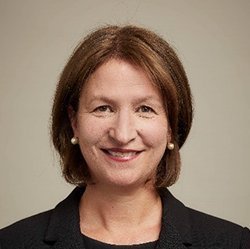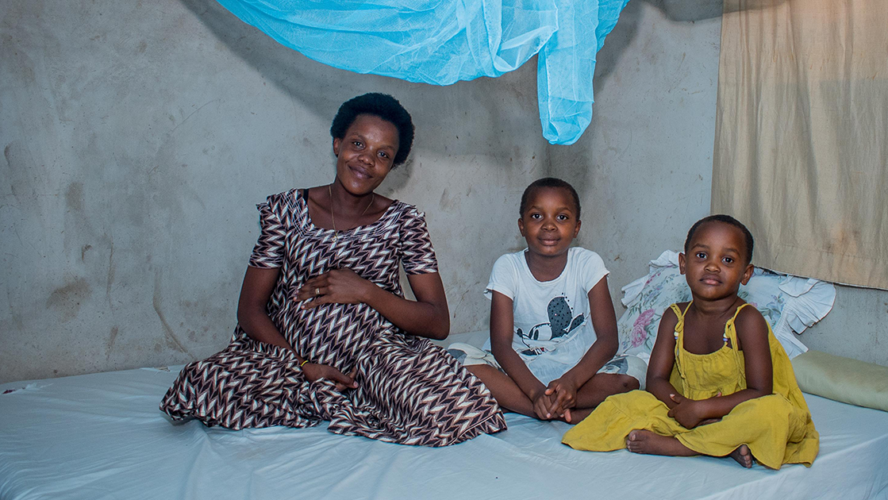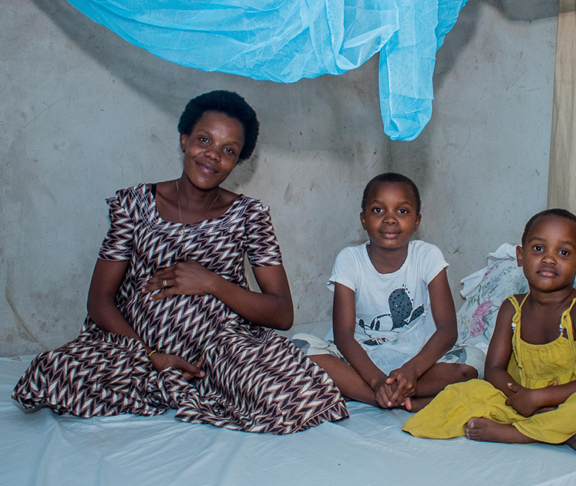
Dr Astrid Bonfield
CEO, Malaria No More UK
Malaria remains one of the world’s oldest, deadliest diseases, stealing young futures, diminishing potential — and now claiming the life of a child every minute, despite being treatable and easily preventable.
The WHO’s World Malaria Report 2022 once again illustrated that Africa continues to shoulder a vastly disproportionate burden of malaria with 94.5% of global malaria cases at 234 million, and 95.9% of all global malaria deaths at 593,000.
Impact on women and children
Tragically, pregnant women, adolescent girls and infants represent the largest vulnerable group of those impacted by malaria, which poses substantial risks to both the mother and unborn child, including maternal anaemia, stillbirth, miscarriage, problems with child growth and cognitive development and low birth weight — a leading cause of child mortality.
Indeed, pregnancy-related malaria causes around 100,000 infant deaths every year and is responsible for 20% of stillbirths, and 11% of all newborn deaths across the WHO’s Africa region.
Pregnancy-related malaria causes around 100,000 infant deaths every year.
Malaria in pregnancy
In 2021 alone, in 38 moderate to high-transmission countries across Africa, there were an estimated 40 million pregnancies — of which close to one in three were exposed to malaria infection.
However, although many malaria-endemic countries, donors and other organisations have taken steps to increase the delivery of life-saving interventions for malaria in pregnancy — such as Intermittent Preventive Treatment (IPTp) with quality-assured sulfadoxine-pyrimethamine (IPTp-SP) — more than two-thirds of eligible women still do not receive the full triple-dose course today, with access and coverage remaining dangerously low in many areas of sub-Saharan Africa.
Treatment access
This is where The RBM Partnership’s innovative ‘Speed Up Scale Up’ campaign comes in to help ensure that every eligible pregnant woman and her unborn child is protected against malaria by 2025.
Launched in 2020, the campaign is designed to deliver an urgent call to leaders and policymakers to scale up to at least three doses of IPTp-SP in pregnancy and commit to increasing their efforts to protect more pregnant women from malaria, particularly ahead of the influential African Union Summit this February.
IPTp-SP is also an excellent example of targeted delivery and improving supply chains on the continent. Medicines for Malaria Venture (MMV) is currently leading a UNITAID-funded project to enable pharmaceutical companies in Kenya and Nigeria to manufacture quality SP, for both domestic use and other countries in Africa.
Ending malaria and improving women and adolescent girls’ access to malaria treatment and reproductive health systems is an unrealised opportunity for advancing gender equality in health and achieving crucial WHO malaria targets and sustainable development goals.

